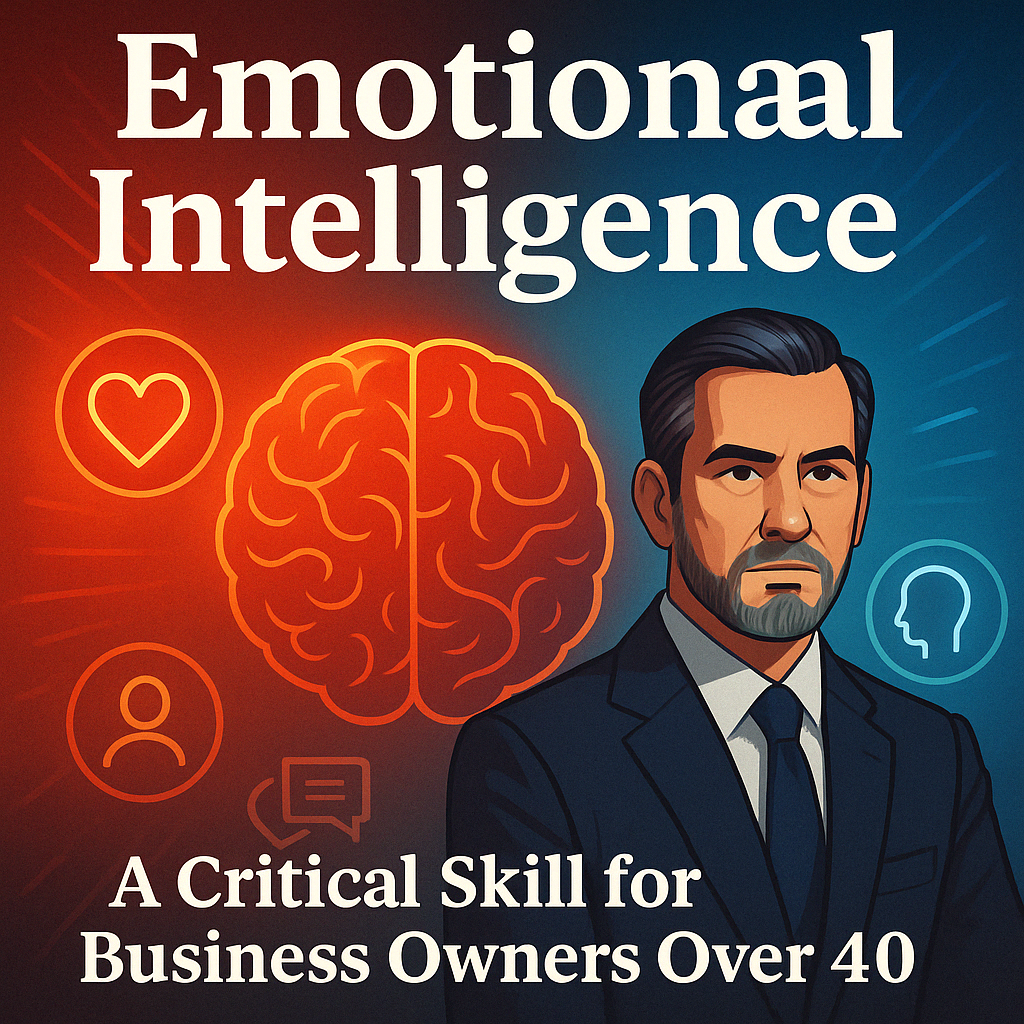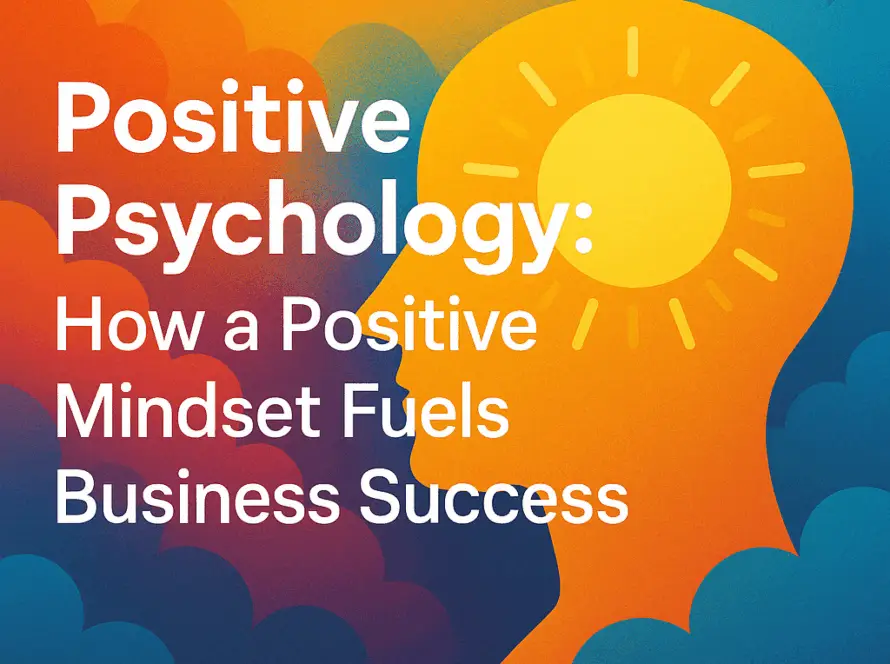
Emotional intelligence (EI) is an invaluable skill for business owners, particularly for those over 40 who lead with extensive experience but face evolving workplace dynamics. EI encompasses the ability to understand and manage one’s own emotions while effectively recognizing and responding to the emotions of others. For business owners, high emotional intelligence not only strengthens interpersonal relationships but also enhances leadership capabilities, positively impacting team cohesion, morale, and decision-making.
Research consistently highlights the benefits of EI in leadership roles. Leaders with high emotional intelligence are more adept at creating positive team dynamics, fostering an environment where employees feel heard, respected, and motivated. This supportive atmosphere encourages open communication, allowing for better collaboration and creativity within teams. Studies show that teams led by emotionally intelligent leaders exhibit higher job satisfaction, greater trust, and increased productivity, all of which are essential for sustainable business growth.
Another significant advantage of emotional intelligence is its impact on decision-making. Business owners with high EI are less likely to react impulsively under stress; instead, they approach challenges with a calm and measured perspective. This skill allows leaders to weigh various factors and consider the emotional impact of decisions on their team, promoting a balanced approach that benefits both the organization and its people. For those over 40, EI can also help in navigating complex interpersonal dynamics, as experience often brings greater awareness of how to handle different personalities and situations with empathy and insight.
Emotional intelligence also plays a crucial role in conflict resolution, a common challenge in any business setting. EI enables leaders to manage conflicts with sensitivity, ensuring that issues are addressed constructively rather than escalating. This approach fosters a culture of respect and reduces turnover, as employees are more likely to remain committed to a workplace where they feel understood and valued.
Developing emotional intelligence is a continual process, and business owners can improve this skill through mindfulness practices, active listening, and empathy exercises. Engaging in regular self-reflection can also enhance self-awareness, a core component of EI, allowing leaders to recognize and adjust their responses in various situations.
In summary, emotional intelligence is a critical asset for business owners over 40, equipping them with the interpersonal tools to lead effectively, make thoughtful decisions, and cultivate a positive workplace culture. As business environments evolve, leaders who prioritize and develop EI will be well-positioned to achieve long-term success and foster a resilient, motivated team.



